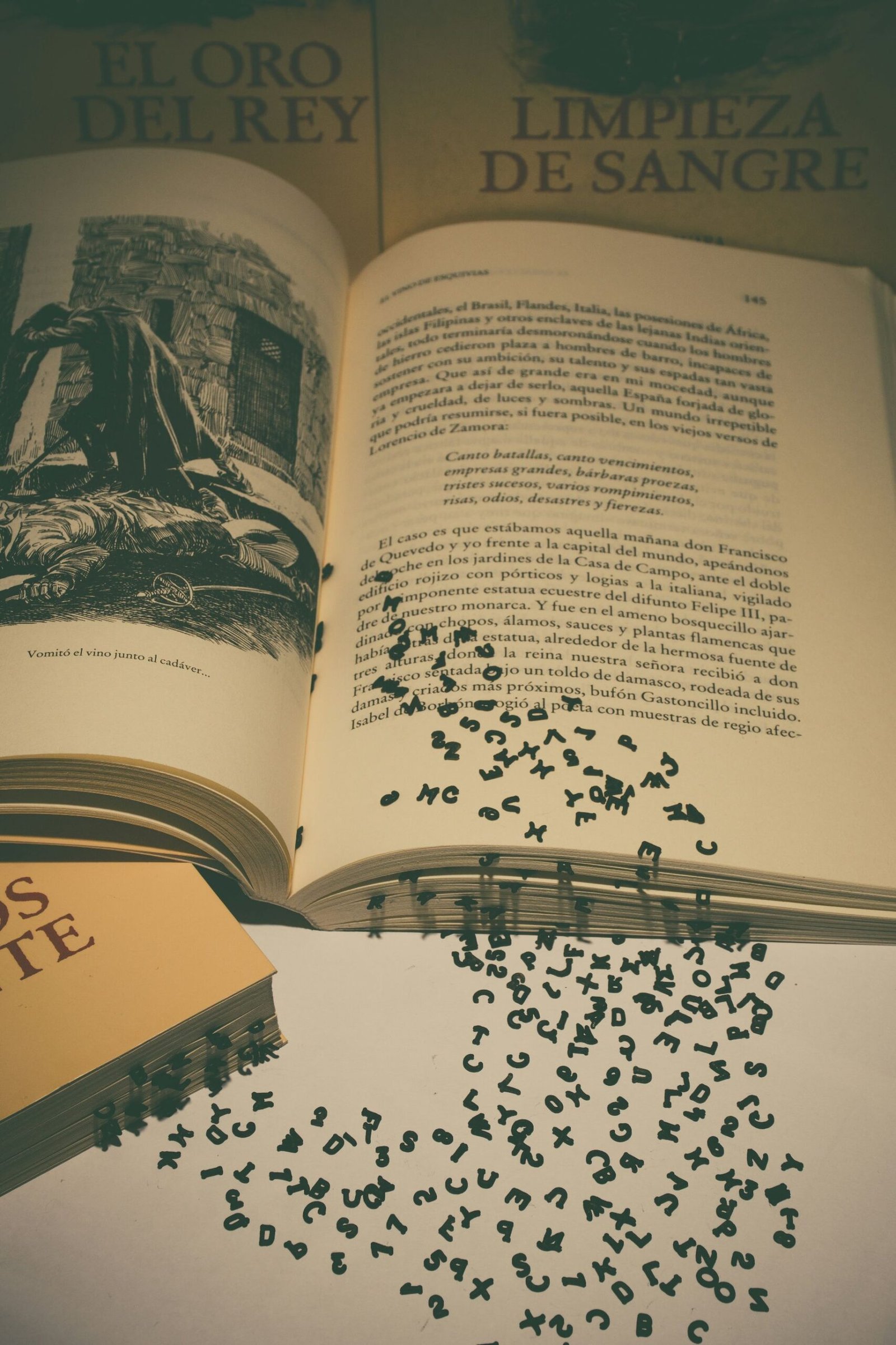Whatever You Believe In Is Real
Whatever You Believe In Is Real
Our experience of reality is not just shaped by external events but it is deeply influenced by our beliefs. The mind acts as a filter, interpreting everything we encounter. When you believe in something strongly, your perception aligns with it, and your actions often bring that belief into tangible form.
This doesn’t mean belief can magically change the laws of physics, but it does mean that our internal world influences how we navigate the external one. For example someone who believes they are capable tends to notice opportunities, persist longer, and create outcomes that reinforce that belief. On the other hand, doubt or limiting beliefs can block progress and shrink possibility. In short, reality is not just what happens to us, but also how we perceive and interpret it.
Psychologist Richard Wiseman illustrated this with a fascinating study. He asked people who described themselves as “lucky” or “unlucky” to look through a newspaper and count the number of photographs. On the second page, in large type, was a message that read: “Stop counting. There are 43 photographs in this newspaper.” The “lucky” people tended to spot it right away, while the “unlucky” ones missed it because they were too narrowly focused on the task. What is the takeaway? Believing you are lucky often leads to a more open, relaxed mindset one that notices opportunities others overlook.
This idea has been expressed by many thinkers throughout history:
• “Believe that life is worth living, and your belief will help create the fact.” – William James
• “Whether you think you can, or you think you can’t – you’re right.” – Henry Ford
• “The mind is everything. What you think you become.” – Attributed to the Buddha
• “We don’t see things as they are, we see them as we are.” – Anaïs Nin
These words echo the same truth: belief is a powerful lens that shapes the way we see ourselves, others, and the world.
If our beliefs shape our perception, then choosing what to believe becomes one of the most powerful decisions we make. The question isn’t whether your beliefs are real it’s whether they create the reality you want to live in.
By: AscentCBT

References:
1. Richard Wiseman The Luck Factor (2003)
2. Scientific American Article: “As Luck Would Have It” Scientific American (2006)
2. William James Is Life Worth Living? (2019)
testimonials
Cristian's kind and empathetic nature always made me find our sessions a safe and happy place. I gained a new perspective on so many things that had been causing me anxiety by learning about the CBT framework of anxiety”
I have referred many people to York Region CBT - Cristian over the last year and would support anyone any parent who's child is dealing with OCD to make that initial appointment and start working with Cristian.
Cristian is methodical and will take you through the CBT steps without any judgment and drama so soon you will find new ways of looking at things in a different light without changing your personality or things you believe in.



